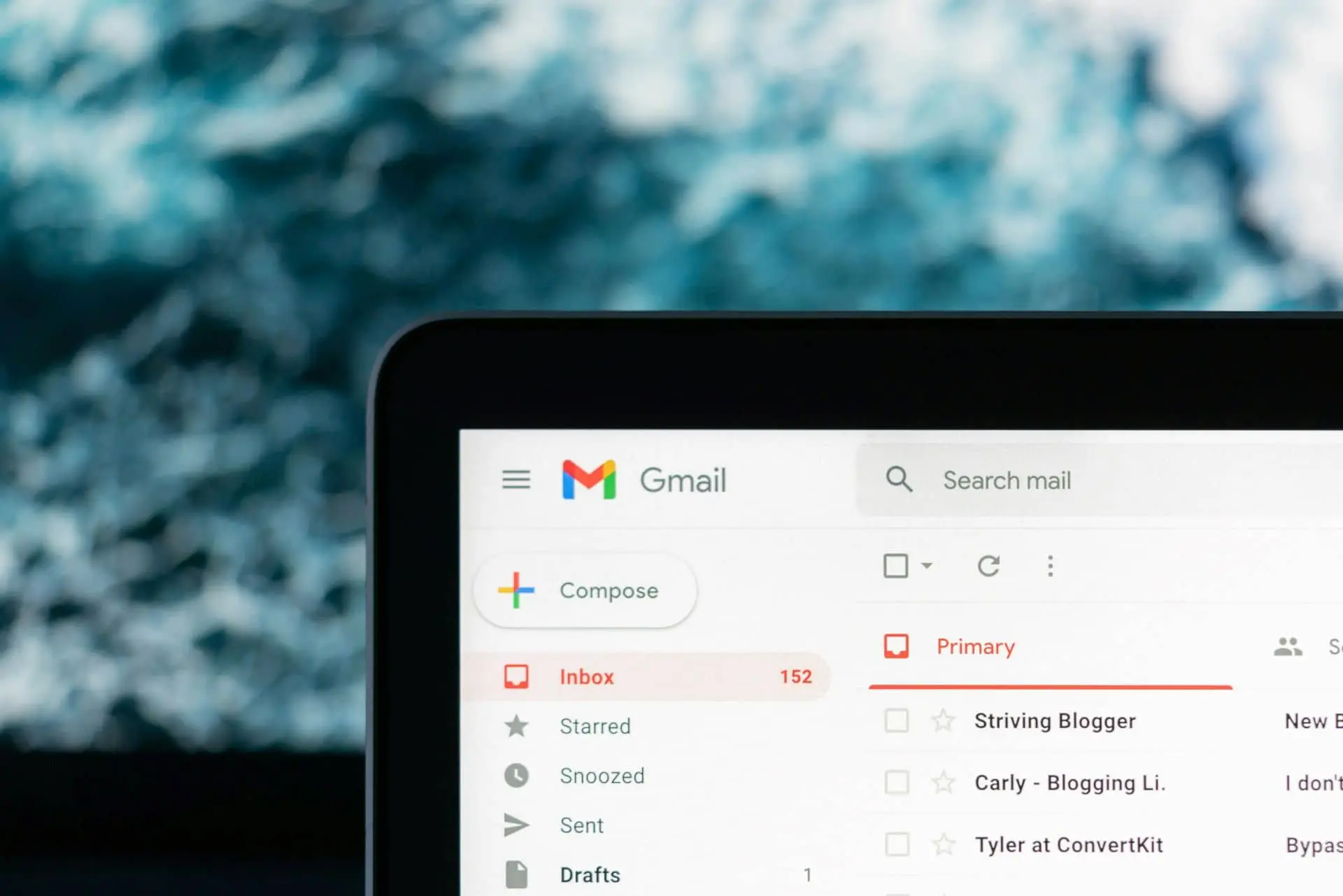
Email marketing is a powerful tool for small businesses looking to build and nurture customer relationships. By delivering personalized, valuable content directly to your audience's inbox, you can drive engagement, build loyalty, and increase sales.
In this guide, we'll explore effective email marketing strategies specifically designed for small businesses to help you maximize your efforts and achieve your business goals.
1. Build a Quality Email List
Start by building a high-quality email list with subscribers who are genuinely interested in your products or services. Effective strategies include using sign-up forms on your website, social media, and at points of sale. Offer incentives such as discounts, free resources, or exclusive content to encourage sign-ups.
2. Segment Your Audience
Segmenting your email list allows you to send targeted, relevant messages to different groups within your audience. Consider segments based on demographics, purchase history, engagement levels, or interests. This personalization can significantly increase open rates and engagement.
3. Craft Compelling Subject Lines
The subject line is the first thing your subscribers see, so make it count. Craft compelling, curiosity-driven subject lines that encourage opens. Keep them short and relevant, and consider using personalization, such as the recipient's name, to grab attention.
4. Provide Value with Every Email
Focus on delivering value in every email you send. This could be in the form of educational content, exclusive offers, useful tips, or updates about your business. Value-driven emails help build trust and keep your audience engaged.
5. Use a Clear Call-to-Action (CTA)
Every email should have a clear, concise call-to-action that guides the recipient towards the next step. Whether it's visiting your website, making a purchase, or downloading a resource, ensure your CTA stands out and is easy to follow.
6. Design Mobile-Friendly Emails
With a significant number of people reading emails on their mobile devices, it's crucial to design mobile-friendly emails. Use responsive design, keep the layout simple, and ensure that buttons and links are easily clickable on smaller screens.
7. Automate Your Email Campaigns
Automation can save time and ensure timely communication with your audience. Set up automated email sequences for onboarding new subscribers, abandoned cart reminders, birthday greetings, and post-purchase follow-ups to keep your audience engaged without constant manual effort.
8. Monitor and Analyze Performance
Track key metrics such as open rates, click-through rates, conversions, and unsubscribe rates to understand how your emails are performing. Use this data to refine your strategies, test different approaches, and continually improve your email marketing efforts.
9. Personalize Your Emails
Personalization goes beyond using the recipient's name. Use data and insights to tailor content based on the recipient's behavior, preferences, and past interactions with your business. Personalized emails can significantly boost engagement and conversion rates.
10. Stay Compliant with Email Marketing Laws
Ensure that your email marketing practices comply with relevant laws and regulations, such as the CAN-SPAM Act or GDPR. Include clear opt-in and opt-out options, and respect your subscribers' privacy and preferences.
Conclusion
Effective email marketing can transform your customer relationships, driving loyalty and boosting sales. By building a quality email list, segmenting your audience, and delivering valuable, personalized content, you can create impactful email campaigns that resonate with your audience. Embrace these strategies to enhance your email marketing efforts and watch your small business grow.


